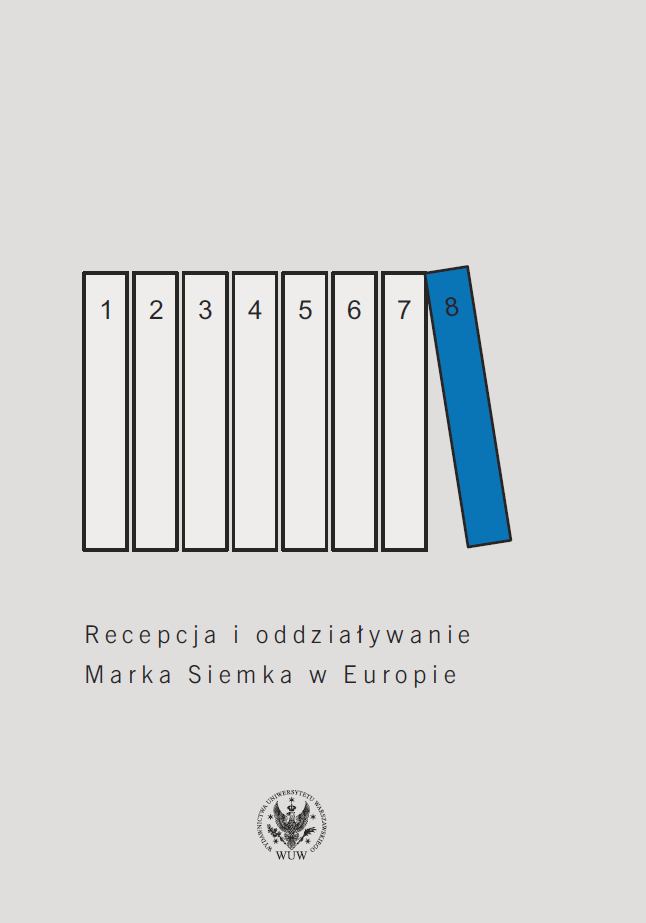Transcendentalne pryncypium prawa: samozobowiązanie versus przymus
The transcendental principle of law: self-obligation versus coercion
Author(s): Ewa Nowak
Subject(s): Philosophy
Published by: Wydawnictwa Uniwersytetu Warszawskiego
Keywords: Kant; transcendental principle of public law; hybrid notion of law; coercion; unity of Metaphysics of Morals; critique of the criticizing reason; Marek J. Siemek
Summary/Abstract: The chapter revises the foundations of Kant’s transcendental principle of public law. It formulates the following critical argument against the most controversial component of this principle, i.e. coercion: if the Doctrine of Law is to remain an integral part of the Metaphysics of Morals, neither reciprocal nor universalized real coercion can be justified by transcendental practical reason. A public legal order can be legitimised if and only if it meets three transcendental prerequisites discussed in the chapter. Simultaneously, the “hybrid” composition of Kant’s concept of law (deliberately) allows nontranscendental components. Can the transcendental legal theory be effectively protected as governing the way in which the law is made, or it rather ends up as a „transcendental nonsense”?
Book: Marek J. Siemek, Dzieła. VIII. » Recepcja i oddziaływanie Marka Siemka w Europie «
- Page Range: 59-90
- Page Count: 32
- Publication Year: 2019
- Language: Polish
- Content File-PDF

